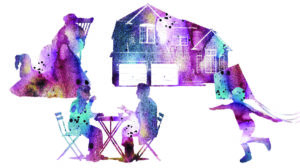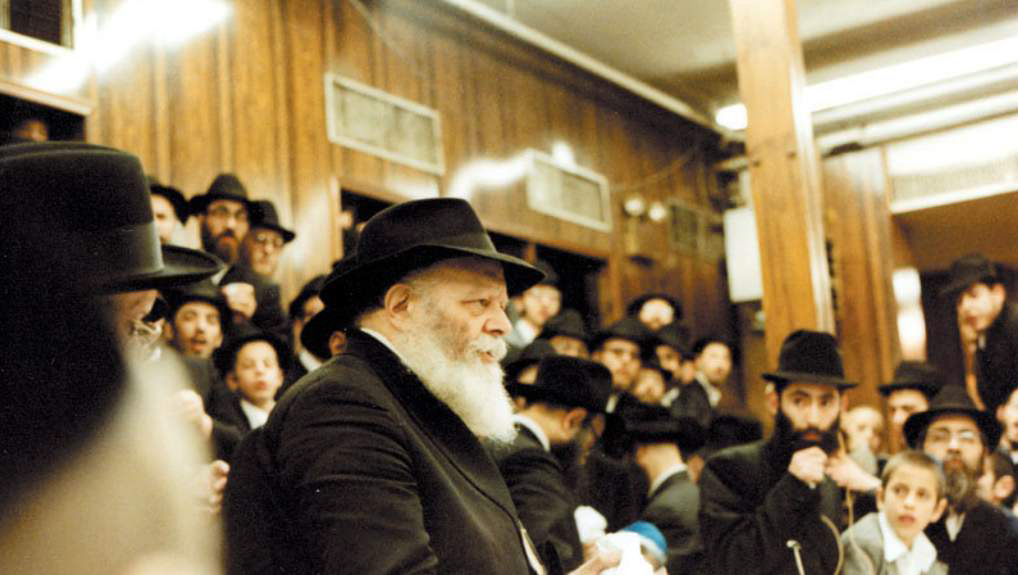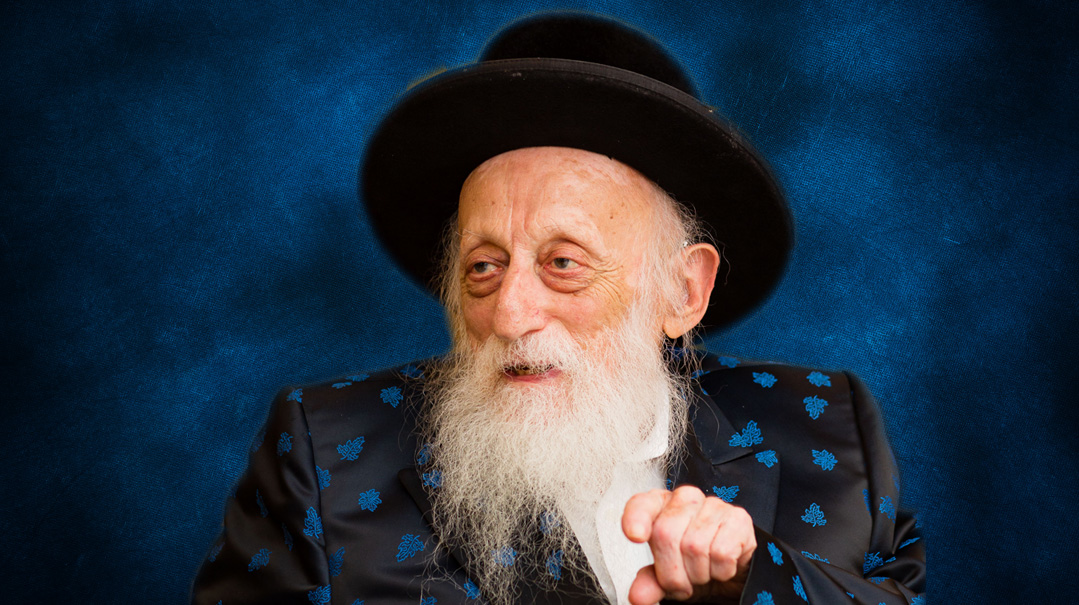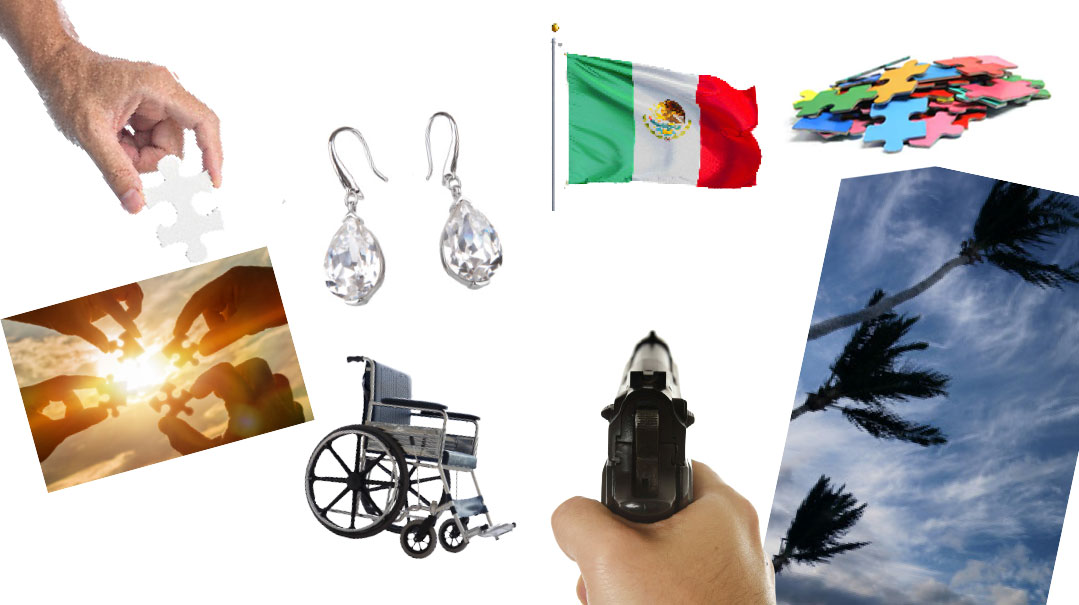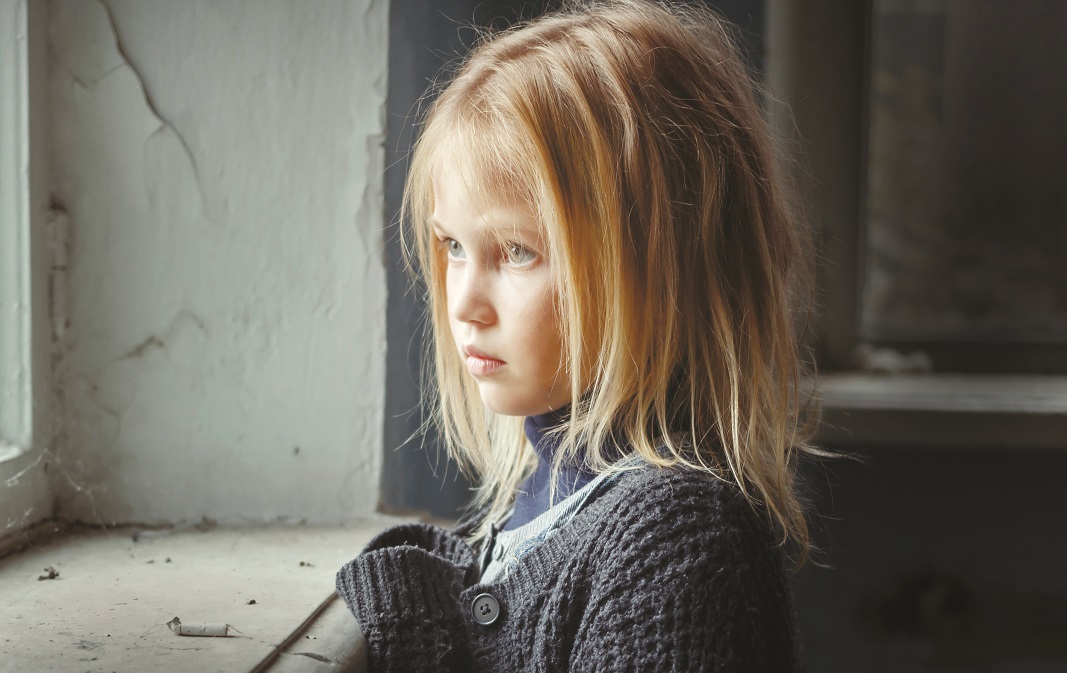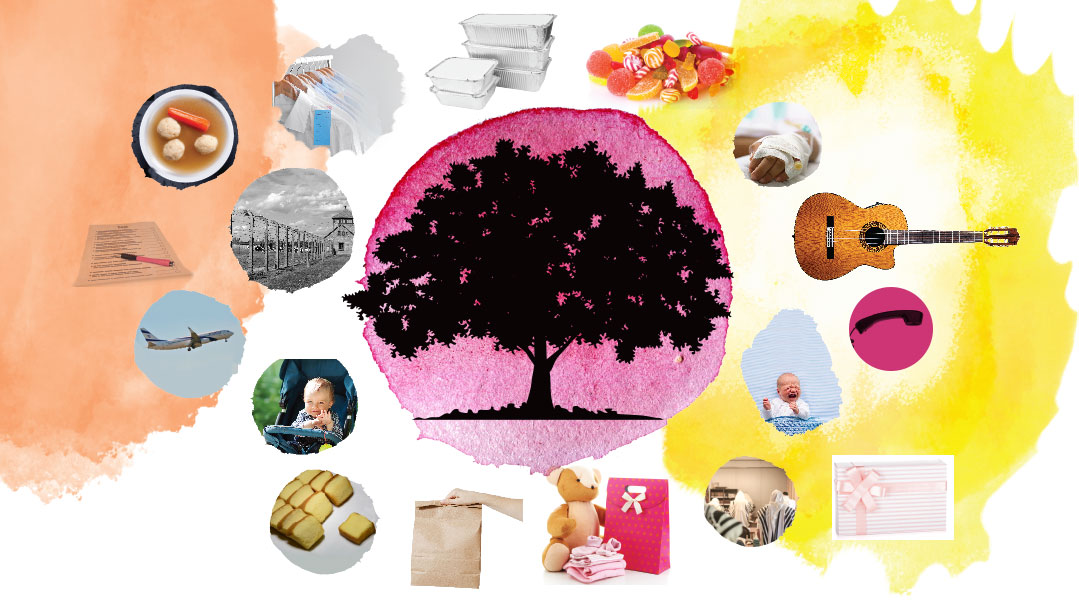Battleground

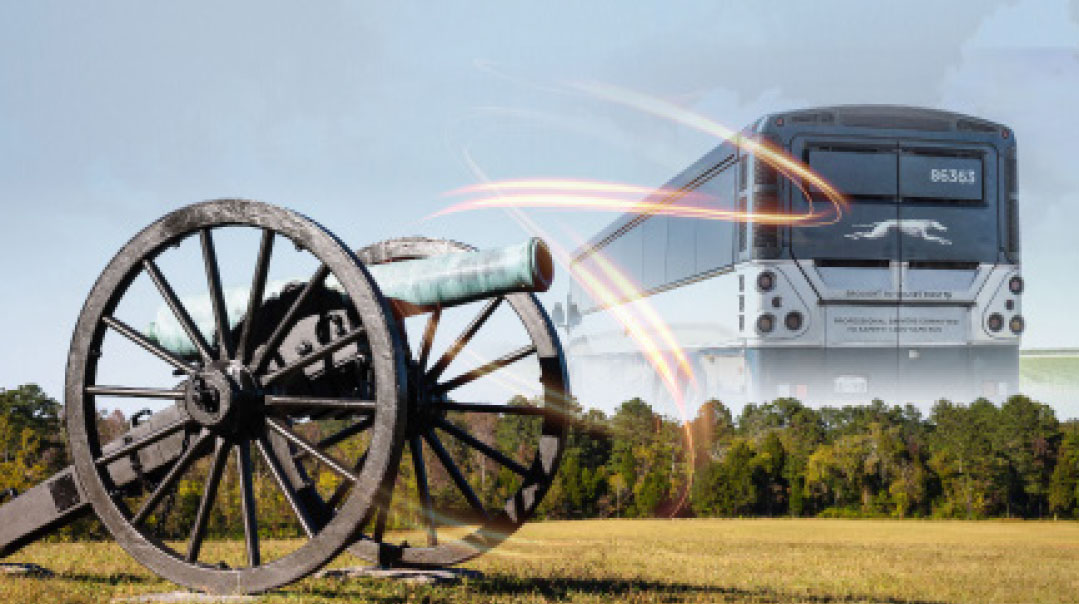
I
s a child being raised in Flatbush, I was surrounded by girls whose fathers learned in places like the Mir, Chaim Berlin, Torah Vodaath.
Me? I was the daughter of a baal teshuvah from some hick town called Saratoga Springs — a place no one knew about. Blank stares were de riguer, and I quickly learned to say “upstate New York.” That was safe, and to a Flatbusher, sparked images of the Catskills, Monroe, and familiarity.
And at least I could say my dad had learned in Ner Yisrael…
Saratoga Springs was a nice tourist attraction, a road trip our family took every summer. There were horse races, apple picking, and sulfuric water, fresh from mineral springs, which made your nose tingle and eyes sting from just one sniff.
Saratoga was the place where my father was raised, but left when he was a teenager. It smacked of secular small town, that fresh New England-esque feel, with an all-American vibe to it: flags waving from brick stone Colonial homes with large wrap-around balconies; a town square where every evening a local band serenaded the crowds sitting in lawn chairs; a Ben and Jerry’s shop with a plastic cow gracing the parking lot.
My father spoke of his childhood with fondness, about his high school prom, dating the mayor’s daughter, of climbing the water tower on a dare. In the summers when we’d visit, we knew to expect to see teenagers cycling, waving to the old folks who seemed to have been sitting there their entire lives.
We knew Saratoga had some history — there was that giant, 160-foot tall Saratoga Monument, a granite stone pillar that spoke of strength and the past. And of course, Victory Woods, that endless 22-acre park we’d spend hours hiking in, certainly held meaning in its name.
But we were kids, and Saratoga felt like the type of place where nothing bad ever happened, a place that was always there and always would be there. A place where no struggles ever took place.
A nice, quaint town, sure; but it was a non-entity, a random, embarrassing fact of my father’s life, buried in the annals of history.
History, indeed. It was 8th grade history class when things shifted.
The classroom was filled with bored, 13-year-old girls, who were far more interested in braiding their hair, creating colored glue bracelets, trying out their new gel pens — doing anything, really, other than listen to their teacher drone on about the Revolutionary War.
And then Mrs. Klein began to rhapsodize about the climax of the war, a battle in which the British army surrendered to the American army, marking a definitive turning point. That victory proved to the world that America was a force to be reckoned with, ultimately convincing the French, Spanish, and Dutch to rally against England.
It was that victory, the Battle of Saratoga, that changed history forever.
Wait — Saratoga? A head shot up in the back, a gel pen clattered to the floor, and suddenly, a 13-year-old girl was filled with pride.
“My father is from Saratoga!”
The teacher, mildly perturbed by this interruption, murmured, “That’s nice,” and continued with her lesson.
Autumn leaves crunched beneath the military boots of British legions. Confident, they progressed from their base in Canada onward, certain this year, 1777, would mark victory and conclusively squelch the colonists’ rebellion.
John Burgoyne, the general and mastermind behind the strategy of the invasion of New York, was at the helm. Self-assured and drunk with success, the redcoats moved, intent on their final destination: New England. Burgoyne recognized that New York was the domino whose fall would ultimately crush the rebellion.
But that domino never fell. It was in New York — at Saratoga Springs to be exact — that the general’s plans were foiled. Because the British were delayed in their travels, American troops had time to establish their defense.
In a two-stage battle, occurring in September and October, the colonists surrounded the British troops against the backdrop of the Hudson River. With no choice, Burgoyne brought his army inland, forced in by American fire.
Burgoyne attempted a valiant rebound, which resulted in another retreat. Casualties soared. Despite the British army’s previous wins and their assumed strengths, the army’s dwindling rations and dwindling soldiers led to their defeat.
Within days, American General Benedict Arnold assumed victory over the British forces, assuring the colonists won over England.
So this was where my father hailed from.
That class taught me there is history in my blood, battles that had been fought. And maybe it was no surprise that my father was raised in a place that changed the history of the world as we know it.
In Saratoga, my father was raised by secular parents, his connection to Yiddishkeit sparse. It consisted primarily of bagels and lox, and perhaps the occasional “Hava Nagilah.” He did learn to read from a sefer Torah, entering manhood ensconced by both men and women in the Conservative synagogue his parents belonged to. After his bar mitzvah, he stopped attending “Jewish classes.”
Yet something had been sparked. My father’s connection to the Orthodox Rabbi who taught him to “chant the Torah” remained strong. It was this rabbi who encouraged my father to leave the spiritual wasteland that was Saratoga, and pushed him to see what real Jewish life was about.
At the age of 15, my father ran away from home. In the dead of the night, he snuck out, a lone soldier, boarding a Greyhound that would take him hours — and a lifetime — away from secularized Saratoga. It was in yeshivah that he got his first taste of authentic Yiddishkeit, of a bren in Torah learning, of a kesher with rabbanim.
My father left everything behind — his family, friends, community — to create something bigger and better for himself and his future family.
Emancipation, if you will.
He hails from Saratoga, where the grounds are saturated with blood. When I announced this in 8th grade history class — not with embarrassment, but with pride — there were glances at the girl in the back, filled with surprise, some awe, and maybe even a smidge of jealousy.
Flatbush it ain’t.
The springs in Saratoga still make my eyes sting; now, though, it’s from all I know that lies beneath the surface of that land.
On that firmament, the founders of America fought to give us freedom; on this firmament my father fought to give us everything.
(Originally featured in Family First, Issue 673)
Oops! We could not locate your form.





